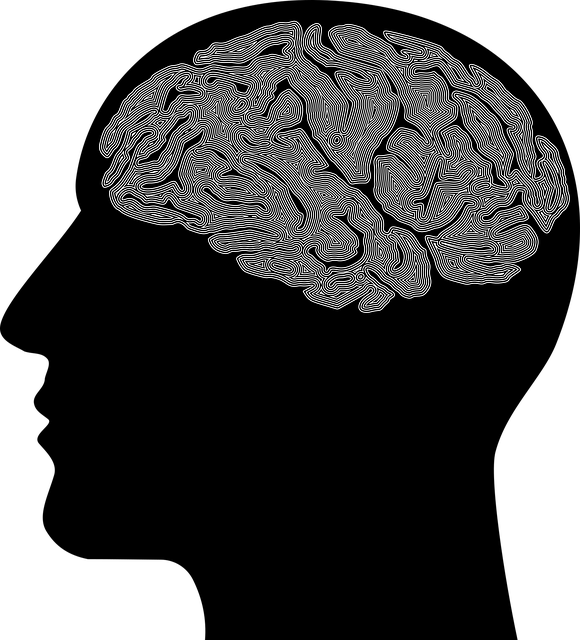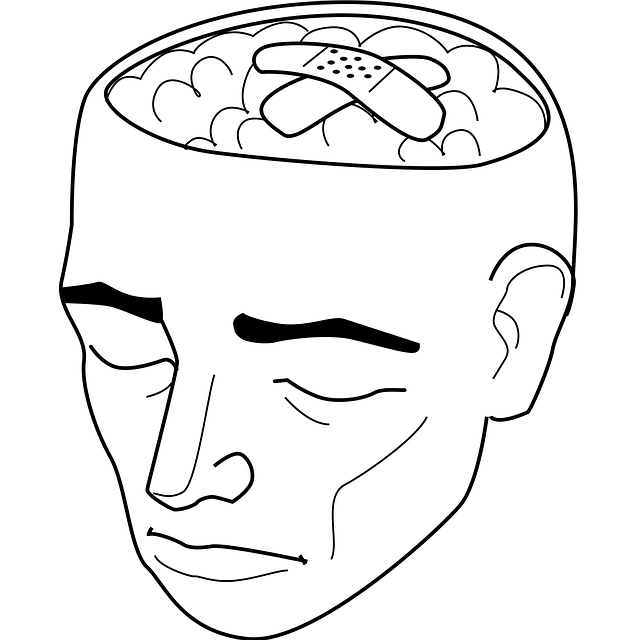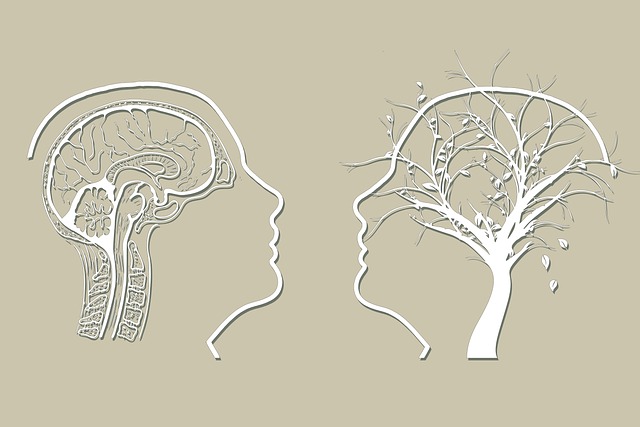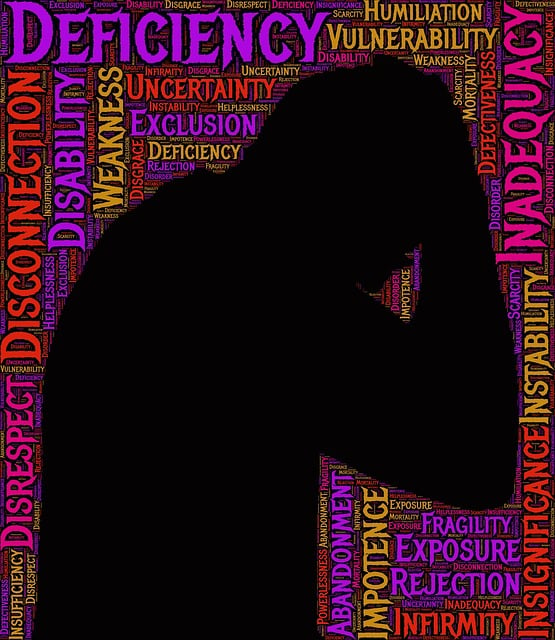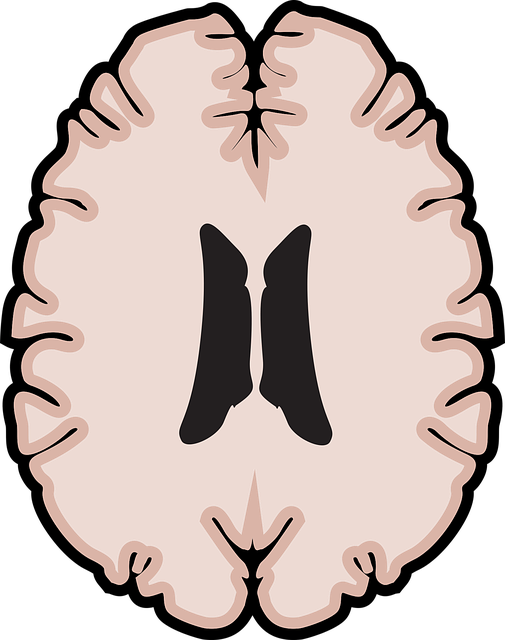Trauma from past experiences like abuse or adversity can deeply affect mental health, leading to issues such as anxiety and depression. Specialized programs, like Therapy for Adults Abuse Survivors, offer tailored support using techniques like journaling and mindfulness guidance to help individuals process trauma and develop healthy coping mechanisms. Through evidence-based methods like CBT and trauma-focused care, survivors can heal, regain control of their lives, and enhance their overall mental wellness. Mindfulness practices provide effective stress management tools, fostering emotional intelligence and resilience against traumatic memories. Support groups and self-care exercises further aid recovery by offering safe spaces for sharing, connection, and tailored coping strategies.
Stress management techniques are essential tools for adults who have experienced abuse, as trauma can significantly impact mental health. This article explores various therapeutic approaches tailored to survivors’ needs. We delve into understanding trauma and its effects, introducing Cognitive Behavioral Therapy (CBT) as an effective method for stress reduction. Additionally, we highlight mindfulness practices, support groups, and self-care strategies, offering a holistic guide for adults abuse survivors to navigate their healing journey.
- Understanding Trauma and Its Impact on Mental Health
- Cognitive Behavioral Therapy: A Powerful Tool for Stress Reduction
- Mindfulness and Meditation Practices for Survivors
- Building Resilience: Support Groups and Self-Care Strategies
Understanding Trauma and Its Impact on Mental Health

Trauma, often invisible yet profound, significantly influences an individual’s mental health and overall well-being. It’s crucial to recognize that past experiences, especially those involving abuse or severe adversity, can have long-lasting effects on a person’s psychological state. Many adults who survive abusive situations may struggle with anxiety, depression, and other mental health issues as a result of the emotional and psychological scars left behind.
Understanding trauma is essential for implementing effective stress management techniques. Therapy for Adults Abuse Survivors provides specialized support, utilizing tools like journaling exercises and mindfulness guidance to help individuals process their experiences and develop coping mechanisms. Through mental wellness coaching programs, survivors can learn to reframe negative thoughts, cultivate resilience, and embrace the mind over matter principle to reclaim control over their lives and enhance their mental wellness.
Cognitive Behavioral Therapy: A Powerful Tool for Stress Reduction

Mindfulness and Meditation Practices for Survivors

For adults who have experienced abuse, managing stress can be a complex and emotional process. Mindfulness and meditation practices offer powerful tools for healing and coping. These techniques encourage individuals to focus on the present moment, cultivating awareness of their thoughts and feelings without judgment. Through regular practice, survivors can develop emotional intelligence, enhancing their ability to navigate and reduce stress effectively.
Meditation helps break the cycle of traumatic memories and flashbacks by promoting calmness and relaxation. By learning to observe their emotions and physical sensations, survivors gain valuable insights into their healing processes. Mindfulness exercises, such as deep breathing or guided visualizations, can serve as effective stress reduction methods, offering moments of tranquility amidst challenging circumstances. This practice allows individuals to reconnect with themselves, fostering resilience and a sense of peace in the midst of trauma’s aftermath.
Building Resilience: Support Groups and Self-Care Strategies

Building resilience is a vital component of stress management, especially for individuals who have experienced trauma or adult abuse. Support groups play a crucial role in this process by providing a safe and non-judgmental space to share experiences and gain valuable insights from peers. These groups offer a unique opportunity to foster connections, reduce feelings of isolation, and develop coping strategies together. Through open dialogue, members can exchange self-care techniques tailored to their specific needs, such as mindfulness practices, stress reduction exercises, or trauma-focused therapy.
Self-care is another essential strategy for enhancing resilience. Encouraging individuals to engage in regular Self-Awareness Exercises, like journaling, allows them to process emotions and reflect on personal strengths. This practice promotes mental wellness by providing a creative outlet for expression and helping individuals stay attuned to their inner selves. Additionally, Trauma Support Services can offer guidance on specialized exercises and techniques to manage and overcome the lasting effects of trauma, ultimately empowering survivors to take control of their mental health and well-being.
Stress management techniques, such as Cognitive Behavioral Therapy, mindfulness practices, and support groups, offer powerful tools for adults who have experienced abuse. By understanding trauma’s impact on mental health and adopting evidence-based strategies, survivors can build resilience and enhance their well-being. These techniques empower individuals to navigate the challenges of life while fostering a sense of calm and control. For adults struggling with the aftermath of abuse, seeking professional help through therapy tailored to their needs is a vital step towards healing and recovery.
